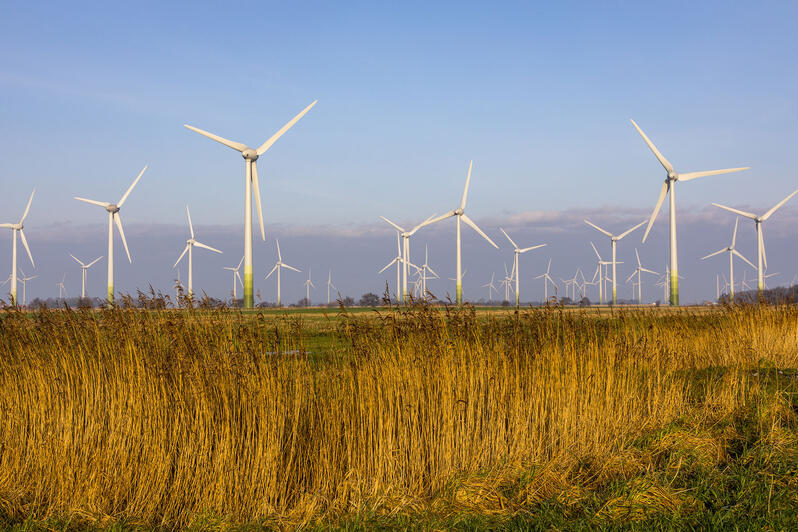Green Deal brings commercial uncertainties to Brazilian agribusiness
Green Deal generates insecurities for the Brazilian market, which sees dialogue as a solution to the unilateralism created by Europe

The Green Deal is an action plan created by the European Union (EU) to become the first continent neutral in climate terms by 2050. The strategy has existed since 2019 and operates transversally throughout the economy in the trade bloc, impacting sectors such as logistics, industry, investments, and agriculture.
Brazil is one of the main exporters of agricultural products like soybeans and beef to Europe. In this background, the pact may affect trade agreements signed by the bloc for established environmental requirements like zero deforestation, for example.
Attention point
In December 2022, the European Union approved the anti-deforestation law, which prohibits the entry into the European market of commodities produced in areas deforested after December 31, 2020.
This point concerns Brazilian entities because it doesn’t consider the reality of the country. “The European Union makes no distinction between legal and illegal deforestation. For Brazil, this is extremely important because the level of development and opening up of areas here is completely different from theirs, which has already gone through years ago, in their history”, points out Sueme Mori, director of International Relations at the Confederation of Agriculture and Livestock of Brazil (CNA).
For the CNA representative, it’s like the EU was seeking to act on Brazilian legislation, invalidating the work carried out by the Forestry Code, for example. “Our legislation allows the opening of areas”, she explains.
The EU argues that the objective of the Green Deal is to accelerate the economy, improve health, quality of life, and protect nature. However, the sustainability concepts established by the plan do not apply to the reality of tropical countries with differentiated agriculture systems.
Inglo Plöger, vice-president of the Brazilian Agribusiness Association (ABAG), explains that the European solution was internationalized and the group didn’t offer a constructive open dialogue. In this way, the European Union distances itself from countries and continents. “They ignore biomass and biofuels, based on their own criteria, creating unilateralism and this may not be positive for European consumers themselves”, argues the coordinator of ABAG’s International Relations Committee.
On the other hand, the Green Deal may promote trade diversion from Europe related to Brazilian products, beyond burdening Brazilian farmers with new requirements, increasing production costs, and excluding small producers.
In search of solutions
The consensus among sectors that met on Tuesday (1/31) at the “Forum Agro: Brasil Protagonista” to discuss the topic is that dialogue and cooperation are the necessary paths. Among them were representatives of Brazilian diplomacy, the national congress, the Confederation of Agriculture and Livestock of Brazil (CNA), the main associations and cooperatives in sectors affected by the decision, such as grains and proteins, and the Brazil-Germany Agro Political Dialogue ( APD).
Rodrigo Lima, partner-director of Agroicone believes that the way to reach new levels of sustainability is the investment in technologies, which are currently being applied in Brazil.
“In cattle raising, the focus is on recovering pastures, applying integrated systems, and minimizing emissions. However, the problem is the origin, the calf. It’s time for the productive sectors to negotiate something that is possible to control. As it is, production will continue existing, but ignoring the problem of the little one, who raises the calf. This only creates exclusion and puts this subsistence agriculture on the margins”, clarifies Lima.
The other side
The perception of Germany, a Green Deal member country, is more optimistic. Ingo Melchers, director of the Brazil-Germany Agro Political Dialogue, says the country is fully aware of global interdependence and therefore tends to be more flexible. He analyzes that the posture of greater deforestation and illegality brought by data from various institutions in recent years has made the EU reinforce its demands. “Recognition is fundamental for dialogue on an equal footing. Recognizing the technological advances, but also the negative points that need to be improved. But we see here that the route of sustainability and trust is returning”, said Ingo.


